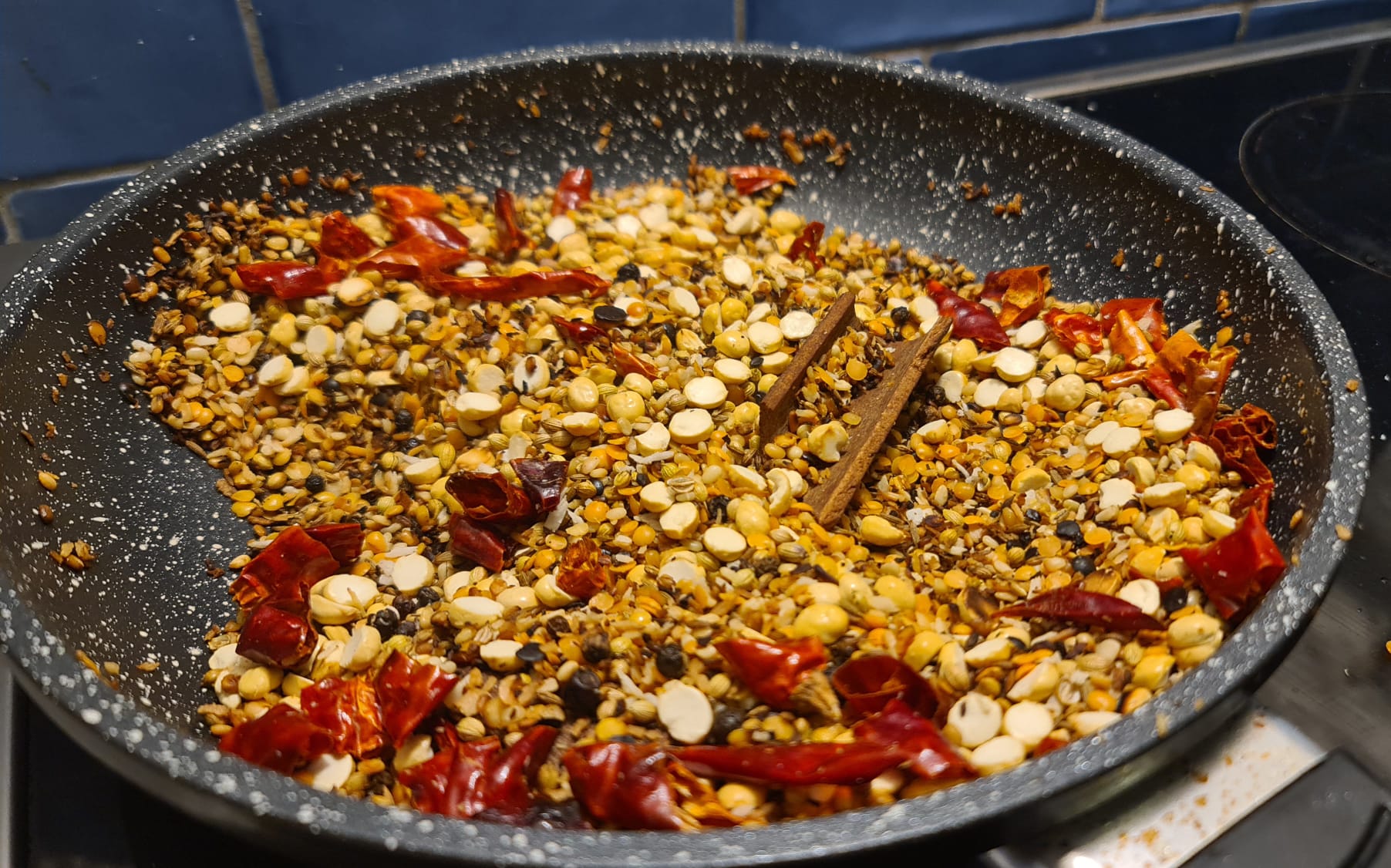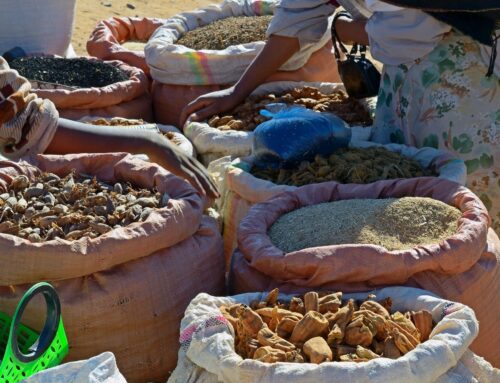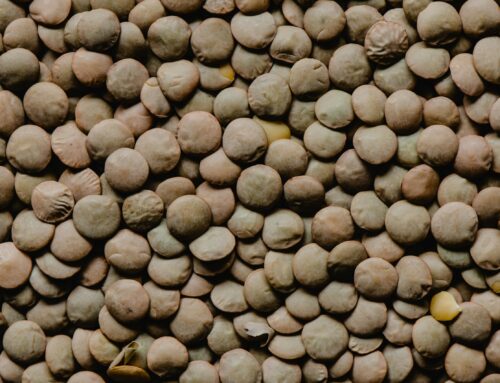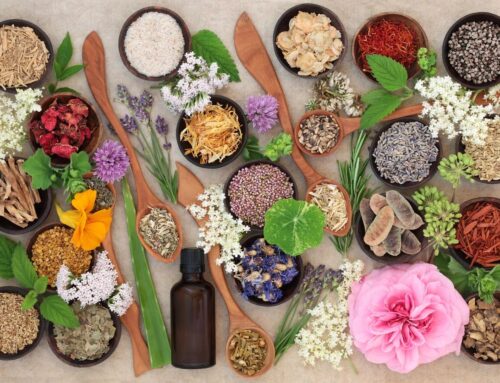
Sri Lankan cuisine is a tapestry of vibrant flavours and aromatic spices that captivate the senses and tell stories of cultural richness and culinary tradition. At the heart of this tantalising cuisine lie a handful of spices that not only enhance the taste of dishes but also reflect the island’s diverse history and influences.
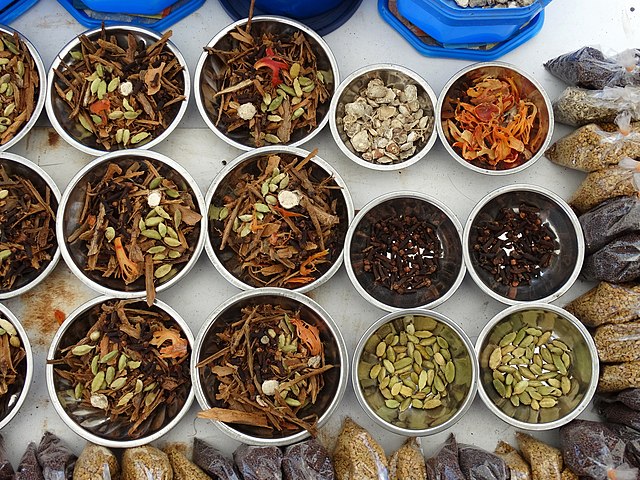
Key Spices That Define Sri Lankan Cuisine
Cinnamon: The Soul of Sri Lankan Spice
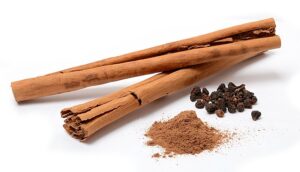
Cinnamon holds a special place in Sri Lankan cuisine, being one of the oldest spices cultivated on the island. Its warm, sweet aroma infuses curries, rice dishes, and even desserts, imparting a distinctive flavour that is both comforting and exotic. Sri Lankan cinnamon is known for its delicate texture and complex flavour profile, making it a prized ingredient in both traditional and modern dishes.
Cardamom: A Fragrant Touch
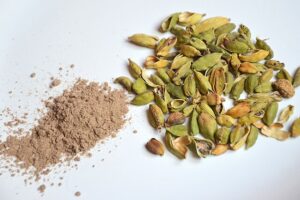
Cardamom adds a subtle yet distinctive fragrance to Sri Lankan dishes. Used whole or ground, it lends a floral and slightly citrusy note to curries, rice, and beverages like spiced tea (masala chai). Its presence in both savoury and sweet dishes showcases its versatility and importance in Sri Lankan culinary heritage.
Cloves: Intense and Pungent
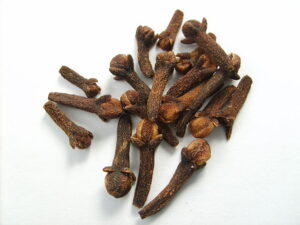
Cloves bring a bold and intense flavour to Sri Lankan cuisine. Often used sparingly due to their potent nature, cloves add a warm, slightly bitter taste that complements rich curries and meat dishes. They are also a key component in spice blends like Sri Lankan curry powder, contributing to the distinctive taste that defines the island’s culinary identity.
Turmeric: The Golden Spice
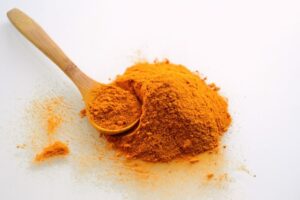
Turmeric not only adds a vibrant yellow hue to Sri Lankan dishes but also boasts powerful antioxidant and anti-inflammatory properties. It is a staple in curries and rice preparations, offering a mild earthy flavour and enhancing the visual appeal of traditional meals. Beyond its culinary uses, turmeric holds a significant place in Sri Lankan culture and traditional medicine.
Mustard Seeds: A Zesty Kick
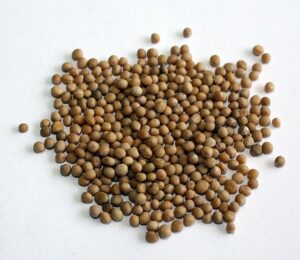
Mustard seeds are commonly used in Sri Lankan cooking to provide a zesty and slightly pungent flavour. They are often tempered in hot oil to release their aroma before being added to dishes such as vegetable stir-fries and fish curries. Mustard seeds not only add depth to the flavour profile but also contribute to the texture of many Sri Lankan dishes.
The spices that define Sri Lankan cuisine are more than mere ingredients—they are a testament to the island’s rich culinary heritage and cultural diversity. From the earthy warmth of cinnamon to the vibrant hue of turmeric and the boldness of cloves, each spice plays a crucial role in creating dishes that are as flavoursome as they are unforgettable. Exploring Sri Lankan cuisine means embarking on a journey of tastes and aromas that celebrate tradition while embracing innovation, making it a truly enriching experience for food lovers around the world.
